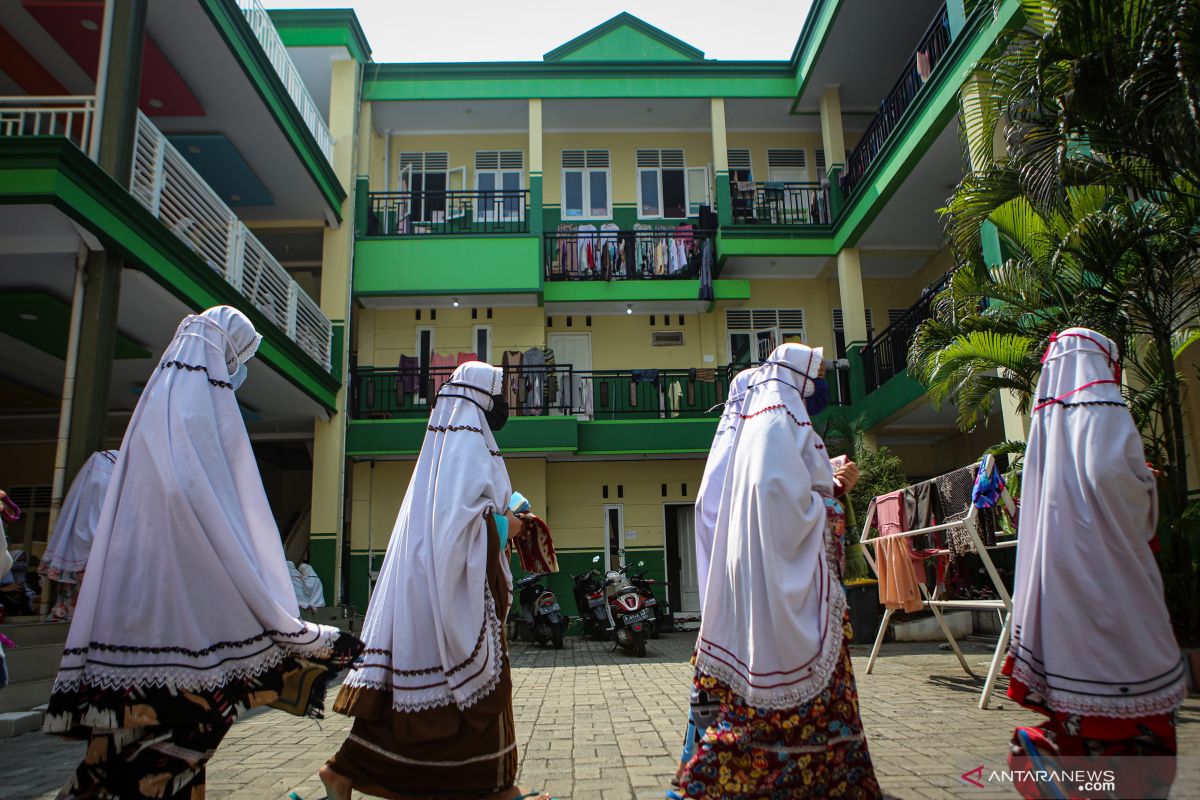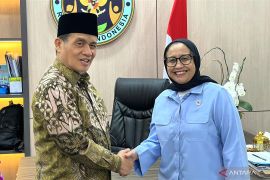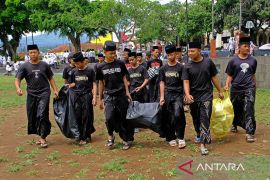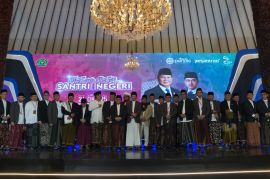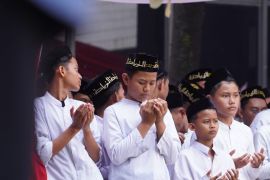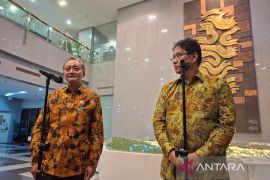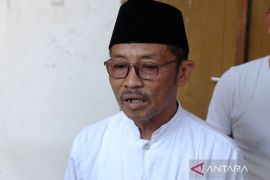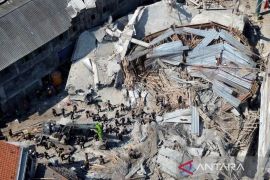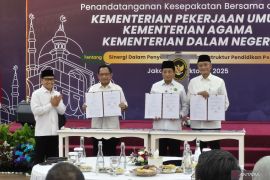It reflects the enduring spirit of gotong royong — mutual cooperation — that defines the Indonesian people. True strength, the saying implies, comes not from divided labor but from collective purpose.
Today, that spirit lives on in the government's new initiative to ensure pesantren become safe, comfortable, and dignified places of learning for millions of students, or santri, across the country.
Shared responsibility
Following a series of structural failures at pesantren buildings, the government has begun charting a new course to guarantee that every classroom stands on a foundation of safety and shared responsibility.
Three ministries — Public Works and Housing, Home Affairs, Religious Affairs — and the Coordinating Ministry for Community Empowerment have signed a joint agreement to synchronize infrastructure development for pesantren nationwide.
The collaboration acknowledges that most pesantren were built through community self-help, and many face technical and administrative barriers in maintaining safe facilities.
The Public Works Ministry now provides technical assistance — from construction permits to safety certification. Prototypes for simple, low-rise school buildings have been introduced to guide pesantren toward meeting construction standards.
The initial phase covers eight provinces with the highest concentration of pesantren: West Java, East Java, Banten, Central Java, Aceh, South Sumatra, South Sulawesi, and South Kalimantan. The aim is to expand step-by-step nationwide.
To address safety concerns, the government is also enlisting Islamic universities such as UIN and IAIN, whose engineering faculties will assist with building audits and technical assessments.
Easing bureaucracy, empowering builders
Indonesia has over 42,000 pesantren, nearly all privately managed. Many were built on unsafe terrain or without formal permits due to complicated licensing and high administrative costs.
To help, the government plans to simplify building approvals and waive certain permit fees. It also offers free training and certification for pesantren administrators and local builders, turning volunteer labor into recognized construction skills.
For decades, pesantren buildings were erected by students and local residents out of goodwill. Now, that spirit of cooperation is being elevated into a more professional, safer approach without losing its communal essence.
President Prabowo Subianto has made pesantren development a national priority, instructing ministries to focus assistance on schools located in disaster-prone areas, serving more than a thousand students, or struggling to complete construction projects.
His message emphasizes three goals: ensuring santri safety, reinforcing government presence in supporting local religious communities, and continuing Indonesia’s historical bond between national leaders and Islamic scholars.
Beyond bricks and cement
Officials stress that pesantren revitalization is not only about physical safety. It embodies the nation’s cultural and moral heritage — an education model that fosters faith, discipline, and community values.
From small village surau to modern urban campuses, pesantren have shaped Indonesia’s moral compass for centuries. Many founding fathers — from KH Hasyim Asy’ari to KH Ahmad Dahlan — emerged from these institutions, linking Islamic scholarship with the fight for independence.
Over time, pesantren have continued to produce leaders, thinkers, and reformers who brought the humility and selflessness of santri into public life.
The government’s current initiative seeks to honor that legacy — ensuring no pesantren stand unsafe or neglected. Building audits, simplified approvals, and technical guidance are all designed to protect the country’s next generation of santri.
In this shared mission, every brick laid becomes a prayer for the nation’s future. A strong pesantren, like a strong Indonesia, is built not by divided hands — but by many working together toward one enduring purpose.
Related news: Indonesia to audit 80 old pesantren buildings for safety risks
Related news: Govt ensures safe learning environment at Islamic boarding schools
Translator: Sean Filo, Tegar Nurfitra
Editor: Anton Santoso
Copyright © ANTARA 2025
